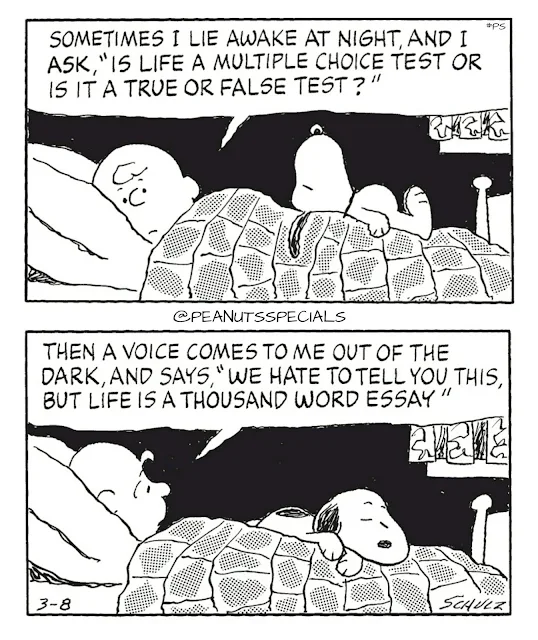Burden of Too Many Choices
He began taking out packets of medications, one after another. Each packet contained at least three different types of medicines.
First packet: Medications for diabetes prescribed by a diabetologist. "But then," he added, "I was travelling, and a family friend’s doctor told me to add one more tablet, so I’m taking this too." Second packet: Medications for blood pressure, prescribed by a cardiologist. "Since I felt funny at night, I started taking this twice a day instead of once, as originally instructed. And sometimes, when I feel my BP is high, I take another tablet given by my friend's doctor, just in case." Third packet: Medications for his cough—two tablets he had been taking regularly. Fourth packet: "Since my wife has the same problems and is doing well with these two vitamins, I started taking them too." Fifth packet: "My wife’s sister’s doctor gave me these garlic pearls and fish oil tablets. They make me feel better, so I’ve continued taking them as well."
I took a deep breath and asked, "What do you want me to do?" He looked at me and said, "Doctor, you tell me—what should I do?"
Polypharmacy is not uncommon. I had an uncle who was on 23 different medications—four of which were multivitamins, each prescribed separately by a neurologist, cardiologist, diabetologist, and nephrologist.
How Did We Get Here?
Then it struck me—this tendency toward excess isn’t limited to medicine. "Poly" is now a part of life itself.
I recall travelling internationally for a conference 20 years ago and visiting a Subway restaurant for lunch. When I saw the variety of bread, fillings, and toppings, I was overwhelmed. A friend who was with me turned to the employee and said, "Sir, we’re from a part of the world where we don’t have these many choices. Just tell us what’s good, and we’ll take it!"
It didn’t take long for our country to catch up. Now, we have multiple options for everything! I recently went to a store and found five or six types of potatoes, whereas when I was growing up, there was only one.
Even in our personal lives, we seek out multiple options. We get advice from countless people, listen to diverse opinions, and still end up doing what we want. In relationships, we prefer many connections but rarely develop deep ones.
The "poly" mindset has become the norm, a sign of cultural and technological advancement. Specialization, diversification, and the explosion of knowledge have led to a world of endless choices. But underlying this abundance is a deeper issue—a loss of trust.
- We want choices that fit our unique needs, whether in careers, relationships, education, or consumer goods. Having multiple options gives us a sense of control.
- FOMO (Fear of Missing Out): Social media amplifies the belief that there is always a better job, partner, or lifestyle, fuelling a constant search for alternatives.
- Traditional structures have weakened: Lifelong careers, arranged marriages, and limited media choices have given way to more flexible lifestyles. The modern world values adaptability, which means more options must exist.
But then there is the Paradox of Choice.
But is all this choice truly beneficial—or is it just overwhelming? Too many options create what psychologists call the Paradox of Choice, leading to a few challenges that I face.
- Decision Fatigue—When faced with too many choices, my brain struggles to decide, leading to exhaustion and procrastination.
- Increased Anxiety & Pressure – More choices mean greater responsibility to make the "right" decision, leading to stress.
- Higher Expectations – With so many options, I expect perfection. Even after making a good choice, I wonder if another option would have been better.
- Regret and second-guessing—The more choices I have, the more I compare. If another option seems even slightly better, I regret my decision.
- Less Satisfaction – Even after choosing, I often feel dissatisfied, thinking about what I missed out on - my opportunity cost.
Maybe it’s time to shift toward “mono-focus” - a simpler, more intentional way of living. The "One thing" the good book talks about.






Comments
Post a Comment